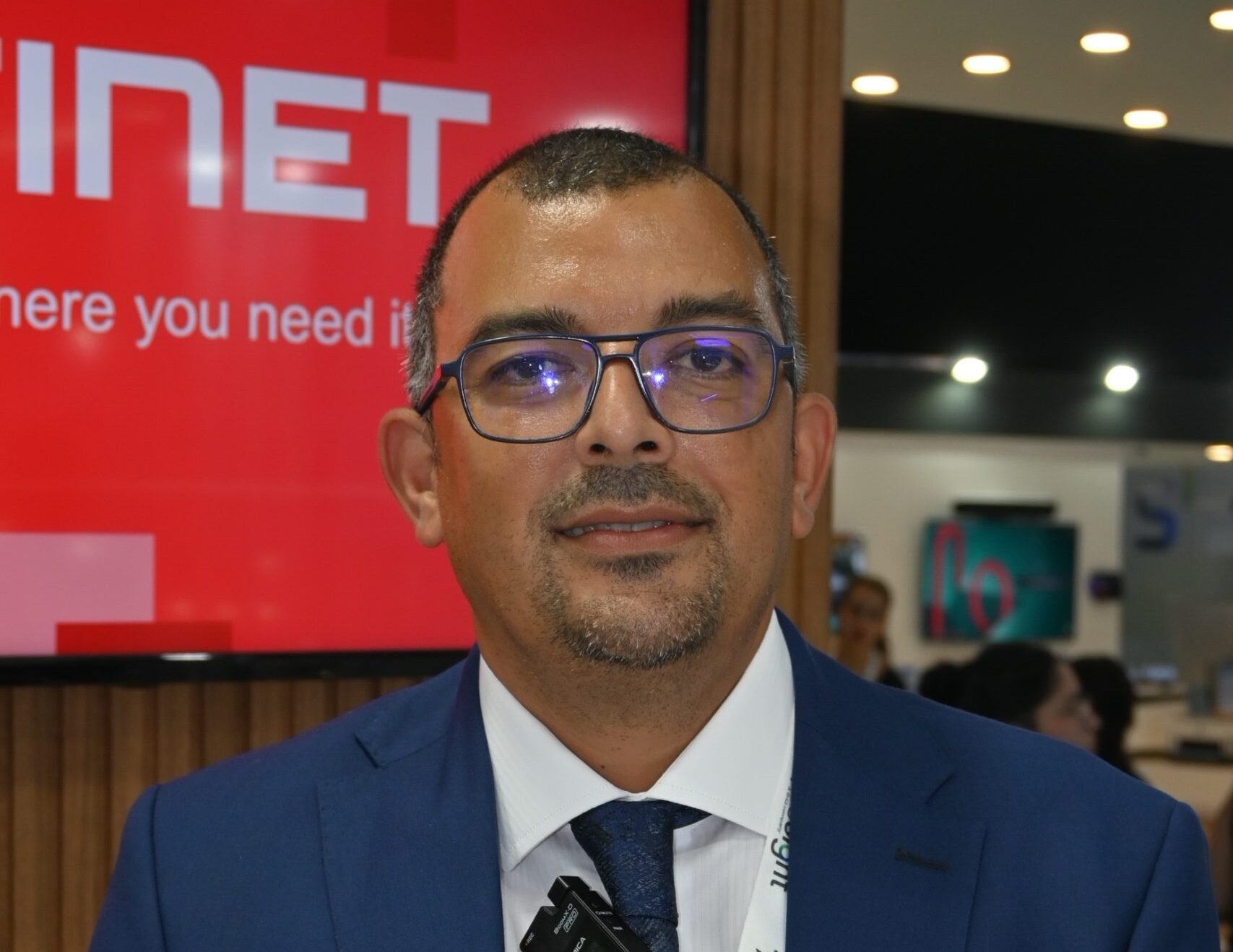What are the latest products or services you are showcasing at this year’s event?
At GITEX Africa 2024, Fortinet is showcasing an array of advanced cybersecurity solutions and innovations, including SASE, SecOps, Secure Networking, and OT. Theatre sessions demonstrating these solutions are available on the stand 2C70 with Fortinet Technical Experts. Attendees will also have the chance to uncover our expertise in securing IT/OT convergence, including how we work to ensure that Operational Technology environments have the highest level of protection.
With an emphasis on detecting, protecting, and proactively responding to evolving threats, we’ll be demonstrating how Fortinet places a premium on Threat Intelligence. Our commitment to integrating AI into our Security Fabric empowers organisations to pre-emptively safeguard their networks, data, and critical assets, establishing a robust defence against even the most sophisticated cyber adversaries. Cybersecurity specialists will be able to engage with everyone and discuss individualised security solutions based on specific needs.
What significance do these offerings hold for the regional market?
The increase in remote working and hybrid workforces following the pandemic has created a massive demand for SASE technology and secure networking across Africa. Remote working significantly expands an organisation’s attack surface and further complicates enterprise security. Some of these challenges are unique to the African work landscape, as employees often have to alternate between fibre and mobile networks. Shifting from one network to another increases the danger for remote workers since they may need to use insecure and untrusted networks to access mission-critical corporate software. This could lead to new dangers that allow attackers to intercept unprotected communications or attack an unprotected device.
To address this, African businesses are increasingly adopting cloud-delivered services to securely connect hybrid employees. Fortinet Unified SASE seamlessly integrates essential networking and security technologies to support the hybrid workforce of today. Its innovative approach ensures secure access for remote workers, no matter where they are, safeguarding applications and data on any cloud.
OT (Operational Technology) is another key area where we expect to see changes. As we see increased convergence of IT and OT environments, undertaking these changes safely and managing the new risks that come alongside them will be a very important focus for organisations. According to a recent OT survey, 70% of OT organisations plan to roll OT security under the CISO in the next year (only 9% of CISOs oversee it currently), and 62% of OT security budgets are being increased. Meanwhile, Westlands Advisory expect the OT market to grow to $33 billion by 2030. It is a highly competitive and fast-growing area as OT systems are increasingly targeted by cyber-attacks.
How is Al contributing to driving transformation in this market?
AI is a transformative force in the industry, and we recognise the profound impact that it’s having on enhancing cybersecurity strategies. With the ever-evolving threat landscape, AI-powered technologies are helping us to not only predict and prevent cyberattacks, but also respond to them in real-time.
New developments in AI such as generative engines show a lot of promise to various applications in cybersecurity. AI-driven solutions enable organisations to analyse vast amounts of data and identify patterns that might otherwise go unnoticed. This empowers them to proactively detect threats, even those with sophisticated attack techniques. AI-enhanced cybersecurity solutions have also improved threat detection accuracy, reduced false positives, and enabled faster incident response, thereby bolstering the overall security posture of businesses.
Fortinet‘s commitment to integrating AI into our Security Fabric empowers organisations in Africa to pre-emptively safeguard their networks, data, and critical assets, establishing a robust defence against even the most sophisticated cyber adversaries.
What are some of the specific challenges that organisations are facing in this region?
As more companies across Africa adopt digital innovation, the potential for a cyberattack grows. Despite this potential risk, retreating from digital transformation is simply not an option in today’s modern business marketplace. Leaders who want to stay competitive need to understand and implement a variety of new concepts, from web application development to the use of digital tools to obtain and keep customers. Some key processes that African enterprises should adopt to ensure a more successful transformation journey include using zero-trust access protocols, staying up to date on privacy laws, extending security to remote locations, and of course – prioritising cloud security.
As digital threats become more sophisticated and complex, the responsibilities of organisations have evolved in tandem. Yet, being able to retain and attract talent remains a key challenge facing organisations across the continent. To help businesses to make up for the local shortage of cybersecurity talent, CIOs must take responsibility to upskill their workforce. From embracing untapped talent pools to finding ways for professionals to build and advance core technical skills, there are several ways we can collectively shrink the current skills gap. For a start, whatever their role, all personnel should have cybersecurity awareness training as well as recurring updates on the latest risks and attack techniques.










Discussion about this post